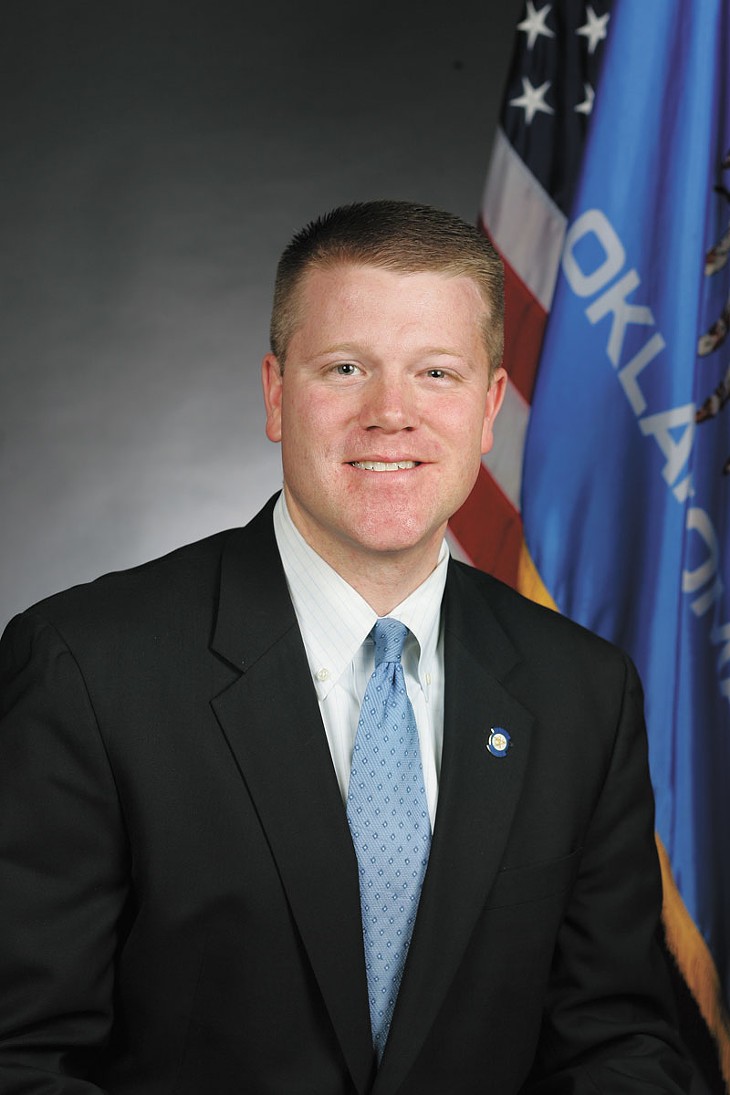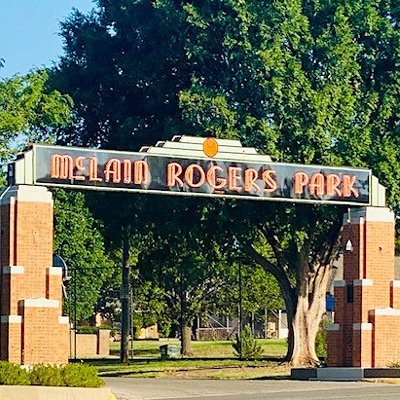In a state known for strict laws for drunk driving, a gap existed allowing some drivers to steer clear from records of convictions.
In the case where a driving under the influence (DUI) complaint was filed in a nonrecord municipal court, a municipal judge heard the arrest as a first offense, regardless of whether the driver had been arrested or convicted of previous impaired driving charges. Often, a driver walked away from municipal court agreeing to pay a fine, but without any alcohol-abuse assessment or alcohol conviction on their record.
“Courts not of record is what the name applies,” said Toby Taylor, who serves as chair of the Governor’s Impaired Driving Prevention Advisory Council.
In 2013, Gov. Mary Fallin issued an executive order that effectively created the council assigned with reviewing and evaluating the state’s impaired driving system.
“There is no record of conviction,” Taylor said.
In Oklahoma, there are two types of courts: nonrecord municipal courts and municipal courts of record. Both typically deal with traffic offenses and criminal misdemeanors. More serious crimes are handled at the county level in district courts.
Nonrecord municipal courts operate independently from courts of record. For years, those tasked with studying Oklahoma’s impaired driving laws saw this as a legal loophole preventing repeat offenders from facing greater punishment for each consecutive conviction in district court.
“Somebody could get arrested in an area and be adjudicated in a municipal court not of record,” said Taylor, who also serves as the director of the Oklahoma Highway Safety Office, a division of the state’s Department of Public Safety (DPS).
“They could be arrested in the municipality next door two weeks later. It wouldn’t be filed as a second offense because there is no record of the first,” Taylor said.
Those days are over.
A new Oklahoma law now mandates all DUI cases be tried in courts of record, eliminating the chance for a driver to accumulate multiple DUI convictions in one or more nonrecord courts without being charged with a second offense in a court of record.
“This is a seismic change,” Taylor said. “You could be found guilty in a court of nonrecord and there was no way for anyone to find out. … That’s not the case anymore. There is accountability.”
New law
In 2015, Nellie Sanders’ car was struck from behind by a car traveling at an estimated 40 mph. The driver had previously been arrested for DUI several times in several counties. When Kingfisher Republican Rep. Mike Sanders, Nellie’s husband, realized this, he began researching the criminal justice system regarding the state’s impaired driving laws.Sanders learned that only two (Oklahoma City and Tulsa) of the state’s 354 municipal courts operated as courts of record. Municipal courts weren’t sharing information for any complaints, including DUIs, meaning state prosecutors had no knowledge of recidivism.
“Municipalities would take these cases, basically taking money in fines and fees, and sweep everything else under the rug. Out the door they go,” Sanders said. “I believed there had to be a better way.”
Last session, Sanders coauthored the Impaired Driving Elimination Act, House Bill 3146, with Sen. Greg Treat, R-Oklahoma City, which passed in a bipartisan effort to improve prosecution of repeat DUI offenders. Beginning Nov. 1, DUI cases were moved from nonrecord municipal courts to district courts.
In Oklahoma County, 12 municipal courts operate in cities like Bethany, Choctaw, Del City, Edmond, Harrah, Midwest City, Nichols Hills, Nicoma Park, Mustang, Oklahoma City, The Village and Warr Acres. Under the law, municipalities with populations of 60,000 or more can create a court of record. Only Edmond fits the requirement, but a city spokesperson said at this point, there are no plans to pursue creating one.
The act’s second component establishes a statewide database tracking all impaired driving arrests. The state’s public safety agency is tasked with creating the database, which calls on all law enforcement officers, from state troopers to municipal police officers, to complete impaired driver arrest reports that will be entered into the database.
It is expected to go live around the first of the year, Taylor said. The report is similar to the statewide traffic collision report, which is completed upon auto crash investigations.
“The purpose of the database is to capture arrests,” Taylor said. “There are times when a person is arrested for an impaired driving offense. At the end of the day, the case is reduced to reckless driving. … What law enforcement wants to know is how many times you’ve been arrested for impaired driving.”
An attorney’s take
John Hunsucker, one of the state’s most well-known DUI defense attorneys, argued the law goes after the wrong problem.Those arrested for drunken driving face prosecution in the courts and administrative sanctions though the Department of Public Safety (DPS), which handles driver licensing. Operating separately, a driver’s first interaction with administrative sanctions comes when they are arrested. Law enforcement confiscates a drivers license and replaces it with an affidavit serving as temporary license.
As a driver’s criminal case is processed through the courts, a driver can request a revocation hearing from DPS. In recent years, drivers have waited months for the phone hearings — in some cases, more than a year, Hunsucker said.
Without speedy administrative hearings, a driver could be given the chance to reoffend.
“The problem is that it takes 12 to 14 months for the Department of Public Safety to give a hearing,” Hunsucker said. “This person could have had one DUI, and months later, they might still have their license. That’s because DPS might not have given them a hearing.”
Hunsucker said the database doesn’t appear to be necessary. He said the department’s master driving index tracks confiscated licenses, which are connected to drunken driving arrests.
Crackdown
The legislation fits recent efforts by Oklahoma lawmakers to crack down on drunken driving. In 2010, a National Highway Traffic Safety Administration report ranked Oklahoma No. 46 nationally for its high rate of impaired driving deaths and No. 51 for its lack of effort to improve impaired driving death rates over the previous decade.Since that ranking was released, lawmakers passed two bills in hopes to strengthen drunk-driving laws. Six years ago, Gov. Brad Henry signed into law the Aaron Gillming Act, which required drug and alcohol evaluation and an assessment program prior to sentencing. A treatment program became a sentencing option. A year later, in 2011, the Erin Elizabeth Swezey Act mandated interlocking ignition devices on all vehicles owned and operated by DUI offenders — including first-time offenders with a blood alcohol content of .15 or higher.
The state reports alcohol was a factor in 3,502 vehicle crashes in 2015. Since 2008, the number of drivers and passengers injured or killed in alcohol-related crashes has decreased from 2,652 to 1,615.
Past rankings and the gap in the dual legal system were a black eye on the state, Sanders said.
“It’s sad that it had to take a lawmaker’s wife getting hit for this to pass,” Sanders said.
In the final week of November, Sanders received an email from a district attorney who reported three cases sent from nonrecord municipal courts to the county. Those repeat offenders now face felony DUI charges.
“People are dying,” Sanders said. “People are being seriously injured. Lives are being ruined, and this was a problem we could fix.”
Print headline: To (district) court, Oklahoma’s new DUI law pushes cases to be tried in courts of record in hopes to eliminate threats of repeat offenses, explains bill author.












